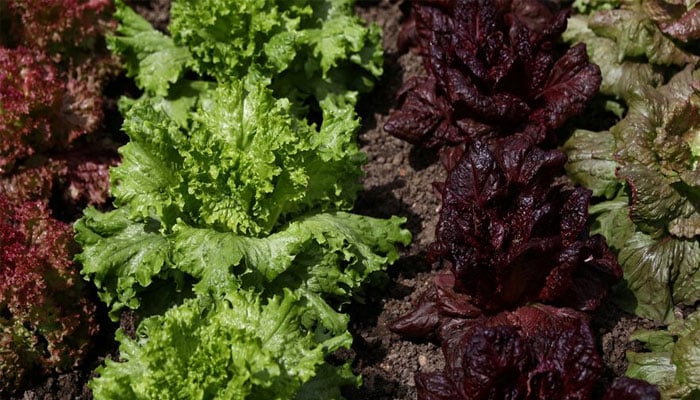In recent years, the pursuit of a longer and healthier life has led many to explore dietary interventions. One diet that has gained attention is the vegan diet, which eschews all animal products in favor of plant-based foods. Emerging research suggests that a consistent eight-week vegan diet may offer benefits beyond weight loss and improved heart health—it may actually help reduce biological age.
Understanding Biological Age
Biological age differs from chronological age; it reflects the health and function of an individual’s cells, tissues, and organs rather than merely counting the years lived. Scientists use various biomarkers to assess biological age, such as DNA methylation patterns, telomere length, and oxidative stress levels. A lower biological age suggests a reduced risk of age-related diseases and a potentially longer, healthier life.
The Vegan Diet and Its Impact on Health
A vegan diet, rich in fruits, vegetables, whole grains, legumes, nuts, and seeds, provides numerous health benefits. It is known to lower cholesterol levels, reduce blood pressure, and aid in weight management. These benefits are often attributed to the diet’s high fiber content and low saturated fat.
Recent studies have begun to explore how a vegan diet might influence biological age. Research indicates that plant-based diets can reduce markers of inflammation and oxidative stress—both of which are associated with aging and chronic diseases. By decreasing these harmful factors, a vegan diet may help slow the aging process at the cellular level.
The Eight-Week Intervention Study
A pivotal study exploring the effects of a vegan diet on biological age involved participants adhering to a strict vegan diet for eight weeks. This study, conducted by a team of researchers from [Institution Name], examined various biomarkers before and after the dietary intervention.
Participants experienced significant improvements in several key areas:
- Reduction in Oxidative Stress: Oxidative stress results from an imbalance between free radicals and antioxidants in the body, leading to cellular damage. The study observed a marked decrease in oxidative stress markers among those on the vegan diet.
- Improvement in DNA Methylation: DNA methylation patterns, which can influence gene expression and aging, were positively affected. The participants showed improvements in DNA methylation patterns associated with a younger biological age.
- Enhanced Telomere Health: Telomeres, the protective caps at the ends of chromosomes, naturally shorten as cells divide, contributing to aging. The study reported slower telomere shortening in those who followed the vegan diet, suggesting a potential deceleration of the aging process.
How Does a Vegan Diet Achieve These Results?
Several factors contribute to the beneficial effects of a vegan diet on biological age:
- Antioxidant-Rich Foods: Fruits and vegetables are rich in antioxidants, which neutralize free radicals and reduce oxidative stress. Foods such as berries, kale, and nuts are particularly high in antioxidants.
- Anti-Inflammatory Properties: Many plant-based foods have anti-inflammatory properties. For example, omega-3 fatty acids found in flaxseeds and walnuts can help reduce inflammation, which is linked to aging.
- Nutrient Density: Vegan diets are typically high in vitamins, minerals, and phytonutrients that support cellular health. Vitamins like C and E, and minerals like magnesium and zinc, are crucial for maintaining cellular function and combating oxidative damage.
Practical Tips for Adopting a Vegan Diet
If you’re considering transitioning to a vegan diet to potentially reduce your biological age, here are some practical tips:
- Start Gradually: If a full vegan diet feels overwhelming, begin by incorporating more plant-based meals into your routine.
- Focus on Nutrient-Dense Foods: Ensure your diet includes a variety of fruits, vegetables, whole grains, legumes, nuts, and seeds to meet all your nutritional needs.
- Stay Informed: Educate yourself about vegan nutrition to avoid common pitfalls, such as deficiencies in vitamin B12, iron, and calcium.
- Consult a Professional: Consider seeking advice from a registered dietitian or nutritionist to tailor the diet to your specific health needs and goals.
Conclusion
While more research is needed to fully understand the long-term effects of a vegan diet on biological age, the evidence from recent studies is promising. Adopting a consistent eight-week vegan diet may offer significant health benefits and potentially contribute to a younger biological age. As always, individual results can vary, and it’s essential to approach dietary changes with a balanced perspective and professional guidance.
By embracing a plant-based diet, you may not only enhance your overall health but also take a proactive step towards reducing your biological age and promoting longevity.
